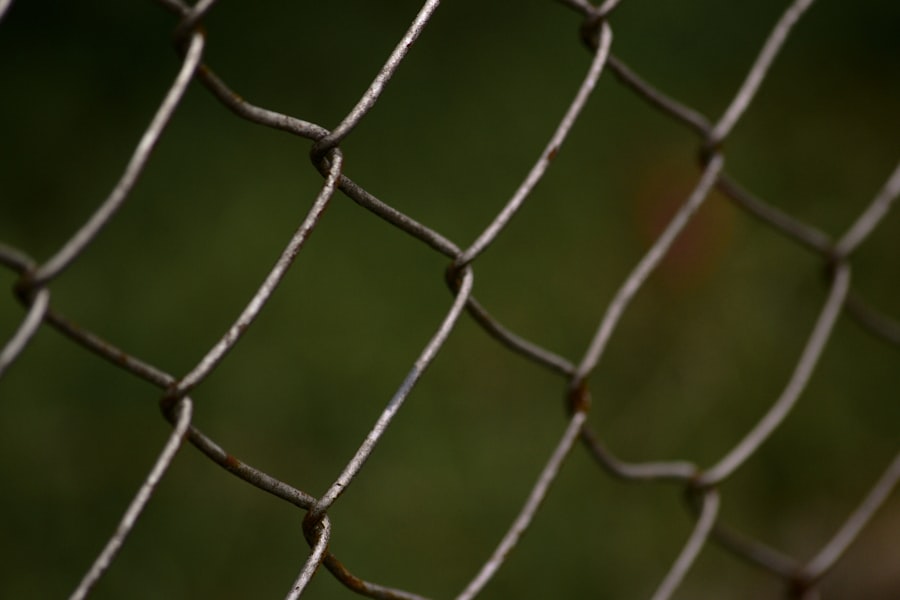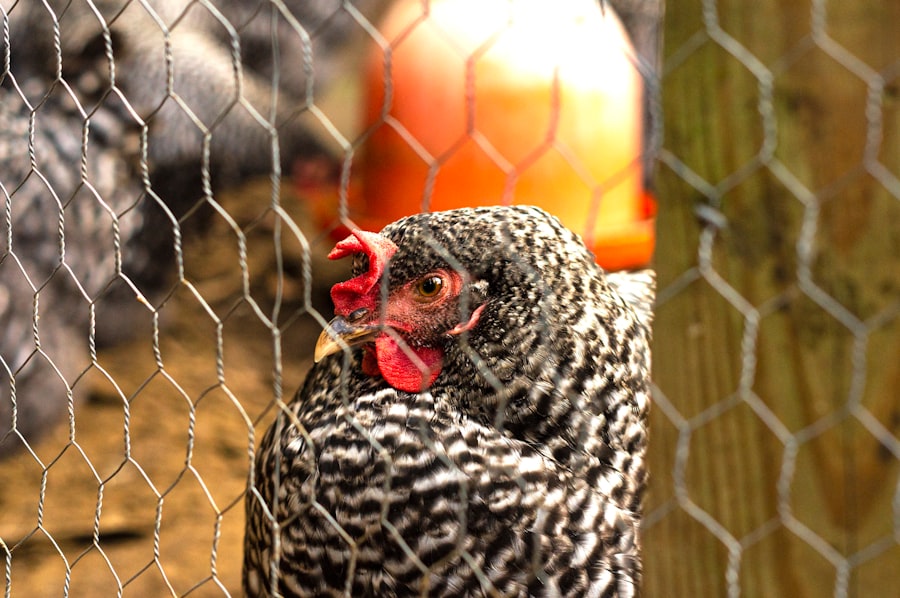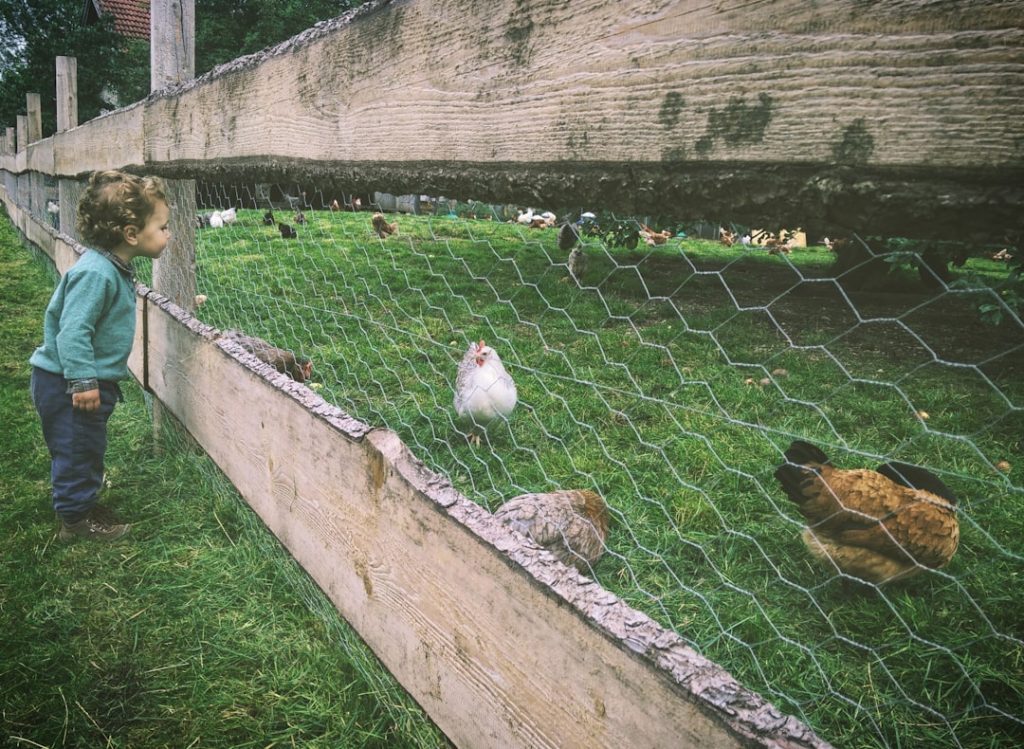Chickens are popular backyard animals that offer multiple benefits, including egg production, natural pest control, and companionship. However, these birds can sometimes exhibit problematic behaviors, such as digging through cat litter. This activity poses potential risks to both the chickens and the household.
This article examines the reasons chickens are drawn to cat litter, the associated health hazards, and effective strategies to prevent access. We will discuss various deterrent methods, including natural repellents and physical barriers, to protect both the cat litter and the chickens. By addressing this issue, chicken owners can maintain a safer and more hygienic environment for their pets and poultry.
Table of Contents
Key Takeaways
- Chickens are attracted to cat litter because it contains grains and minerals that mimic their natural diet.
- Chickens in your yard can pose dangers such as spreading diseases, damaging plants, and creating a mess.
- Methods to keep chickens out include using motion-activated sprinklers, covering exposed soil, and using decoy predators.
- Natural deterrents for chickens include planting strong-smelling herbs, using citrus peels, and installing reflective objects.
- Creating physical barriers such as fences, netting, and chicken wire can effectively keep chickens out of certain areas.
- In conclusion, a combination of methods such as natural deterrents and physical barriers can help keep chickens out of unwanted areas in your yard.
Why Chickens are attracted to Cat Litter
Why Chickens are Attracted to Cat Litter
Cat litter can be particularly attractive to chickens because it contains materials that they find appealing, such as clay, sand, and organic matter. These materials can be used by chickens for dust bathing, which is a natural behavior that helps them keep their feathers clean and free of parasites. Additionally, cat litter may also contain traces of cat feces or urine, which can be appealing to chickens as a source of protein and minerals.
The Comfort and Security of Cat Litter
The combination of materials and scents in cat litter can make it irresistible to chickens, leading them to dig through it in search of food and nesting materials. Chickens are also attracted to cat litter because it provides them with a comfortable and warm environment for nesting. The soft texture of the litter can be appealing to hens looking for a cozy place to lay their eggs. Additionally, the scent of the cat litter may mask any human or predator scents, making it an attractive option for nesting.
The Dangers of Allowing Chickens to Access Cat Litter
However, allowing chickens to access cat litter can pose several dangers, both for the chickens themselves and for the humans who care for them.
The Dangers of Chickens in Your Yard

Allowing chickens to access cat litter can pose several dangers for both the chickens and the humans who care for them. Firstly, cat litter may contain harmful chemicals or additives that can be toxic to chickens if ingested. This can lead to illness or even death in severe cases.
Additionally, cat litter may contain parasites or bacteria that can be harmful to chickens if they come into contact with it. Chickens that dig through cat litter may also ingest feces or urine from cats, which can transmit diseases such as toxoplasmosis or salmonella. Furthermore, the act of digging through cat litter can expose chickens to sharp objects or foreign bodies that can cause injury or infection.
In addition to the health risks, allowing chickens to access cat litter can also lead to unsanitary conditions in your yard, as the litter may become contaminated with chicken droppings or other waste. This can attract pests and vermin, posing a risk to both the chickens and the humans who live nearby. Furthermore, allowing chickens to access cat litter can lead to behavioral issues such as egg-eating or broodiness.
Chickens that have access to cat litter may become more prone to eating their own eggs, as they may mistake them for food due to the scent of the litter. Additionally, hens that nest in cat litter may become broody and aggressive when approached, posing a risk to anyone who tries to collect eggs or care for the chickens. Overall, allowing chickens to access cat litter can pose numerous dangers for both the chickens themselves and the humans who care for them.
Methods to Keep Chickens Out
There are several methods that can be used to keep chickens out of cat litter and prevent them from accessing it. One effective method is to use physical barriers such as fencing or netting to enclose the area where the cat litter is located. This can prevent chickens from gaining access to the litter and digging through it.
Additionally, placing heavy objects such as rocks or bricks on top of the cat litter can make it more difficult for chickens to access it. Another method is to use motion-activated sprinklers or noise devices to startle chickens when they approach the cat litter, deterring them from digging through it. Another effective method is to provide chickens with alternative dust bathing areas that are filled with sand or soil.
By providing chickens with a suitable alternative, they are less likely to be attracted to the cat litter. Additionally, regularly cleaning and maintaining the chicken coop and nesting areas can help reduce the likelihood of chickens seeking out alternative nesting materials such as cat litter. By keeping their environment clean and well-maintained, chickens are less likely to seek out alternative sources of nesting materials.
Natural Deterrents for Chickens
In addition to physical barriers and alternative dust bathing areas, there are several natural deterrents that can be used to keep chickens out of cat litter. One effective natural deterrent is the use of strong-smelling herbs or spices such as lavender, mint, or cinnamon. These scents are unpleasant to chickens and can deter them from approaching the cat litter.
Additionally, planting prickly or thorny plants around the cat litter area can make it less appealing for chickens to access. Plants such as rose bushes or holly bushes can create a natural barrier that deters chickens from digging through the litter. Another natural deterrent is the use of predator decoys or visual deterrents such as scarecrows or reflective objects.
These visual cues can startle chickens and deter them from approaching the cat litter. Additionally, allowing natural predators such as hawks or owls to frequent the area can help keep chickens away from the cat litter. By creating an environment that is less appealing and more intimidating for chickens, natural deterrents can be an effective way to keep them out of cat litter.
Creating Physical Barriers

Physical Barriers: A Simple Solution
Creating physical barriers is an effective way to keep chickens out of cat litter and prevent them from accessing it. One option is to use fencing or netting to enclose the area where the cat litter is located. This can prevent chickens from gaining access to the litter and digging through it.
Alternative Solutions
Using heavy objects such as rocks or bricks on top of the cat litter can make it more difficult for chickens to access it. Another option is to create a designated dust bathing area for the chickens that is filled with sand or soil. By providing chickens with an alternative dust bathing area, they are less likely to be attracted to the cat litter.
Maintenance is Key
Regularly cleaning and maintaining the chicken coop and nesting areas can help reduce the likelihood of chickens seeking out alternative nesting materials such as cat litter.
Conclusion and Final Tips
In conclusion, while chickens may be attracted to cat litter for various reasons, allowing them access to it can pose several dangers for both the chickens themselves and the humans who care for them. By using methods such as physical barriers, natural deterrents, and providing alternative dust bathing areas, you can effectively keep chickens out of cat litter and prevent them from accessing it. It is important to regularly clean and maintain your chicken coop and nesting areas in order to reduce the likelihood of chickens seeking out alternative nesting materials such as cat litter.
By taking these steps, you can protect your cat litter and keep your chickens safe and healthy in your yard.
If you’re looking for ways to keep chickens out of your yard, you may also be interested in learning about what vegetables quails eat. Check out this article to discover how to attract quails to your yard and keep them away from your chickens.
FAQs
What is cat litter made of?
Cat litter is typically made from materials such as clay, silica gel, recycled paper, pine, corn, wheat, or other natural materials.
How does cat litter keep chickens out of my yard?
Cat litter can be used as a deterrent for chickens because the texture and scent of the litter can be unpleasant for them. Chickens may avoid areas where cat litter is present.
Is cat litter safe for chickens?
While cat litter can be effective in keeping chickens out of certain areas, it’s important to use it in moderation and ensure that the chickens do not ingest it. Some types of cat litter may contain chemicals or additives that could be harmful to chickens if ingested.
Are there any alternatives to using cat litter to keep chickens out of my yard?
Yes, there are other methods to deter chickens from certain areas, such as using physical barriers like fences or netting, using natural repellents like citrus peels or garlic, or using motion-activated deterrents like sprinklers or noise devices.
Can cat litter harm the environment or other animals?
Some types of cat litter, particularly those made from clay or containing chemicals, can be harmful to the environment if not disposed of properly. It’s important to use cat litter responsibly and consider its potential impact on the environment and other animals.
Meet Walter, the feathered-friend fanatic of Florida! Nestled in the sunshine state, Walter struts through life with his feathered companions, clucking his way to happiness. With a coop that’s fancier than a five-star hotel, he’s the Don Juan of the chicken world. When he’s not teaching his hens to do the cha-cha, you’ll find him in a heated debate with his prized rooster, Sir Clucks-a-Lot. Walter’s poultry passion is no yolk; he’s the sunny-side-up guy you never knew you needed in your flock of friends!







